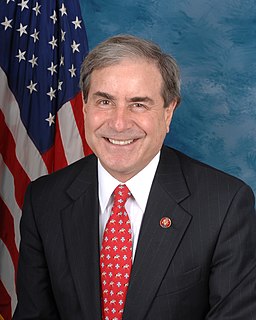A Quote by Annie Lowrey
Americans are no less susceptible to disease, joblessness, and family changes than their peers in rich nations, but they are made more fragile by these crises. The country has a thinner safety net, fewer public goods, and less social insurance than other countries.
Related Quotes
love is thicker than forget more thinner than recall more seldom than a wave is wet more frequent than to fail it is most mad and moonly and less it shall unbe than all the sea which only is deeper than the sea love is less always than to win less never than alive less bigger than the least begin less littler than forgive it is most sane and sunly and more it cannot die than all the sky which only is higher than the sky
Both rich and poor nations have a common stake in policies that put the globe on a sustainable development path. The conflict is less between poor and rich countries than between the broad interests of people and the narrow interests of extractive industries. We need to find our way towards some kind of global regime that reduces emissions of the greenhouse gases, but well-off nations need to transfer the technology to make this possible, rather than viewing this shift as one more opportunity for private industry to profit.
If a [democratic] society displays less brilliance than an aristocracy, there will also be less wretchedness; pleasures will be less outrageous and wellbeing will be shared by all; the sciences will be on a smaller scale but ignorance will be less common; opinions will be less vigorous and habits gentler; you will notice more vices and fewer crimes.
It is hard to compare cultures without overgeneralizing, but I think a lot of American poetry has an assertiveness - an upbeat quality - that's less typical of Canadian poetry. Of course there are poets in both countries to whom that generalization does not apply. Speaking broadly, I'd describe Canadians as being a bit more reserved than Americans. Not less opinionated - just less direct.
The bigger the government, the less the citizens do for one another. If the state will take care of me and my neighbors, why should I? This is why Western Europeans, people who have lived in welfare states far longer than Americans have, give less to charity and volunteer less time to others than do Americans of the same socioeconomic status.
That nations that have gone for equality, like Communism, have neither freedom nor justice nor equality, they've the greatest inequalities of all, the privileges of the politicians are far greater compared with the ordinary folk than in any other country. The nations that have gone for freedom, justice and independence of people have still freedom and justice, and they have far more equality between their people, far more respect for each individual than the other nations. Go my way. You will get freedom and justice and much less difference between people than you do in the Soviet Union.
Most people don't know this, but if you settle a debt for less than the amount you owed, you are potentially responsible for taxes on the forgiven debt. Look at it this way: You received goods and services for the full amount of debt, but you're only paying for a portion of it - sometimes less than 50%. Anything more than $600 is generally considered taxable, but the IRS will sometimes waive the tax if you can prove that your assets were less than your liabilities when the debt was settled.
Federal assistance helps millions of Americans escape poverty every year by providing the stability needed to take advantage of new opportunities. In fact, it is our safety net that allows full participation in the economy. More Americans purchasing goods means more Americans making them, which means more American jobs.






























